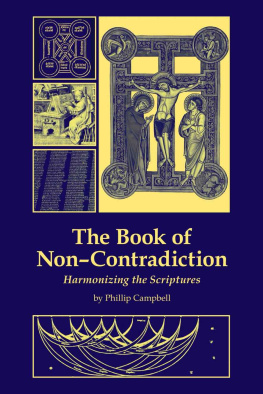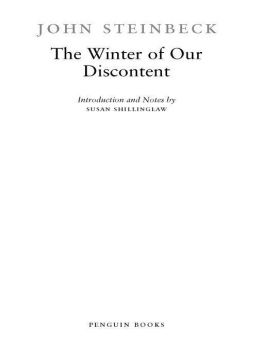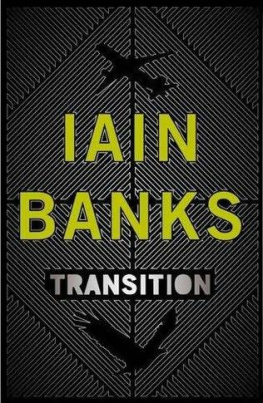Iain Campbell - Winter of Discontent
Here you can read online Iain Campbell - Winter of Discontent full text of the book (entire story) in english for free. Download pdf and epub, get meaning, cover and reviews about this ebook. genre: Adventure. Description of the work, (preface) as well as reviews are available. Best literature library LitArk.com created for fans of good reading and offers a wide selection of genres:
Romance novel
Science fiction
Adventure
Detective
Science
History
Home and family
Prose
Art
Politics
Computer
Non-fiction
Religion
Business
Children
Humor
Choose a favorite category and find really read worthwhile books. Enjoy immersion in the world of imagination, feel the emotions of the characters or learn something new for yourself, make an fascinating discovery.

- Book:Winter of Discontent
- Author:
- Genre:
- Rating:3 / 5
- Favourites:Add to favourites
- Your mark:
- 60
- 1
- 2
- 3
- 4
- 5
Winter of Discontent: summary, description and annotation
We offer to read an annotation, description, summary or preface (depends on what the author of the book "Winter of Discontent" wrote himself). If you haven't found the necessary information about the book — write in the comments, we will try to find it.
Winter of Discontent — read online for free the complete book (whole text) full work
Below is the text of the book, divided by pages. System saving the place of the last page read, allows you to conveniently read the book "Winter of Discontent" online for free, without having to search again every time where you left off. Put a bookmark, and you can go to the page where you finished reading at any time.
Font size:
Interval:
Bookmark:
Iain Campbell
Winter of Discontent
NORMAN AND ANGLO-SAXON GLOSSARY
Ballista- a siege or field weapon of Roman design, shooting a bolt similar to a small spear.
Barrels- Firkin (ale), 9 gallons. Kilderkin, 18 gallons. Barrel, 36 gallons. Hogshead, 52 gallons. Tun, 256 gallons.
Bot- compensation payable under the West Saxon legal system
Byrnie- a sleeveless waist-length vest of armour, usually chain-mail.
Chain-mail- a series of round links joined together, each riveted to four others, which when made into sections were sewn onto a leather undergarment. This provided good protection against cuts and reasonable protection against thrusts or arrows. A hauberk and coif weighed about 40 pounds.
Charger- a large and strong horse used in battle.
Church Services- Matins midnight; Lauds dawn; Prime 6.00am; Terce 9.00am; Sext 12.00noon; Nones 3.00pm; Vespers 6.00pm; Compline Sunset. Hours varied depending on season (ie the length of the day). Used as a standard statement of a specific time (eg an hour before Vespers).
Coif- a piece of chain-mail that covered the neck and head, leaving the face clear.
Cog- a smallish single-masted merchant vessel- the standard marine transport of the Middle Ages.
Curia Regis- the Council advising the Norman kings, successor to the Witenagemot.
Destrier- large French-bred trained warhorse.
Ealdor- English word for chief.
Fyrd- English militia comprised of freemen who were not professional fighters.
Gambeson- quilted padded jacket worn under armour, to absorb the force of a blow. Frequently used without over-armour by archers.
Gebur- Generic term for English freeman/freewoman.
Hackney- a medium sized multi-purpose horse, usually a cheaper horse of lesser quality.
Hauberk- a sleeved or partially-sleeved chain-mail garment of mid-thigh to knee length.
Heriot- a fee payable to secure the right of succession to land under English law. Similar charge under Norman law was a Relief.
Hide- an area of measurement of land (similar sized parcels were called carucates in some shires) comprised of 4 virgates. A hide theoretically comprised 120 acres although this was somewhat variable. 100 hides made up the shire division of 100, although again this was not immutable.
Huscarle- professional English warrior.
Landbok/Landboc- the book of ownership that proved ownership of the land.
Laen- a form of land ownership by long-term lease on varying conditions. Usually for life, or for three lives (that of the recipient, his widow and heir).
Longbow- a bow of Welsh derivation made of yew wood in a way that made it a naturally composite bow, providing greater power. Depending on the size of the archer, the longbow was usually 56 feet long and fired an arrow 39 inches long- a cloth yard.
Money. English. Pounds, shillings and pence. A gold Mark (not English currency) equaled ?12, or 240 shillings. French. The same system. The denier equaled a penny, 12 deniers to the sou, 20 sous to the livre.
Onager- a simple catapult of Roman design throwing rocks around the size of a mans head. Used as a siege weapon.
Palfrey- a smallish horse suitable for riding by women.
Pontage- toll fee payable to use a bridge.
Rouncey- an all-round horse, suitable for many uses including general riding and also as light cavalry.
Scale armour- small plates, usually metal, sewn in an overlapping fashion onto a leather jacket. Provided reasonable protection at lower cost than chain-mail, due to the lower labour content.
Seax- English fighting knife, usually large, worn by freemen and freewomen as a sign of their status.
Snekke- Norse word for the normal-sized longship. A fast and maneuverable warship 60 feet long by 9 feet wide with a crew of about fifty, usually with 10 oars a side. Powered by a large square sail or oars.
Tabula- Roman board game similar to backgammon
Taxes amp; Charges.Danegeld, English tax levied to bribe the Danes and Norwegians not to attack- levied at two shillings per hide of land prior to 1051. Corvee- unpaid labour provided in lieu of payment. Banalities, fees charged by a lord for use facilities such as a mill. Estovers (the fee for the right to gather wood). Pannage (fee for the right to have pigs eat the acorns in the local forest).
Wergild- The value placed on a life for compensation purposes in England. 200 shillings for a freeman or freewoman, 1,200 shillings for a thegn. No wergild was paid for death of a slave, but compensation of value of the slave was paid.
Witenagemot- Council advising the English king.
Other English words used in this book.
cifes whore
cifesboren- bastard/ whoreson
galdricge immodest
grim fierce
herer?swa commander
Hlaford gentlemen
Horsbealdor Horse-master
nydh?mestre mistress
scamleast enchantress
unfrod inexperienced
unges?lig accursed
ungleaw stupid
wealh foreigner
English social classes. Slaves (theows) at the bottom of the ladder, somewhat less than ten percent of the rural population. Freemen, known collectively as geburs, comprised, in ascending order cottars (who held a cottage from the laenholder or bokholder, in return for 12 days a week of labour, and usually worked for pay for the rest of the week). No right of occupation passed on the death of the cottar. Sokemen, held the right to farm collectively-owned village land, and usually also land in his own right, and able to sell or pass this to his family. Cheorls were usually moderately wealthy men with the right to farm a substantial amount of communal land and privately owned land. Owed the lord work-rent or paid cash for the ongoing right to use the privately owned land. Thegn- a man who usually owned his land owed military service for the land he held. Uniquely, a merchant who engaged in foreign trade could be deemed thegn-worthy (ie of equal social status as a thegn). Earl- holder of large parcels of land, usually geographically based, and who administered a geographical area. Equivalent to a French duke.
French Social Classes- The Norman system was based on a hierarchical system with lower members holding (but not owning) land in return for either military or financial obligations to their superiors, as vassals. The lowest level were the villeins, who held no hereditary rights to the land they laboured to farm. A villein was free in that he could abandon his land, but could not sell, gift or will it. Freemen were essentially rent-paying tenant farmer who owed little or no service to the lord, but formed only a small portion of the rural population, usually specialists such as blacksmiths etc. Knight a man who owed military service for the land he held but usually did not own it.
Font size:
Interval:
Bookmark:
Similar books «Winter of Discontent»
Look at similar books to Winter of Discontent. We have selected literature similar in name and meaning in the hope of providing readers with more options to find new, interesting, not yet read works.
Discussion, reviews of the book Winter of Discontent and just readers' own opinions. Leave your comments, write what you think about the work, its meaning or the main characters. Specify what exactly you liked and what you didn't like, and why you think so.

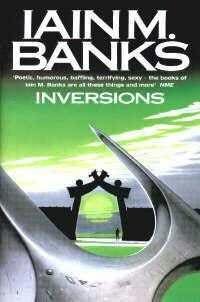
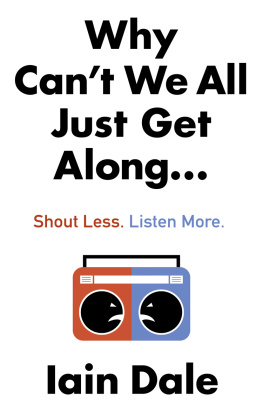
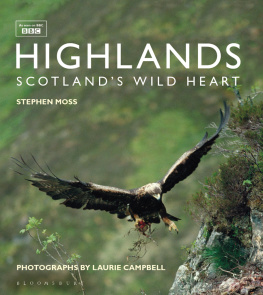
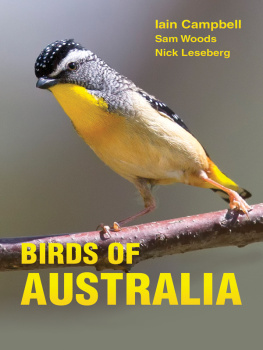
![Iain Maitland [Iain Maitland] - Mr Todd’s Reckoning](/uploads/posts/book/141709/thumbs/iain-maitland-iain-maitland-mr-todd-s.jpg)
